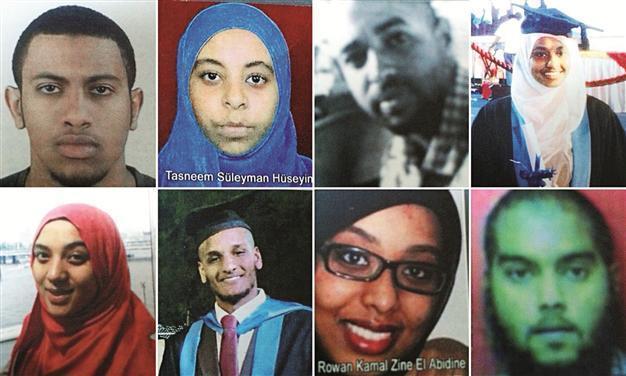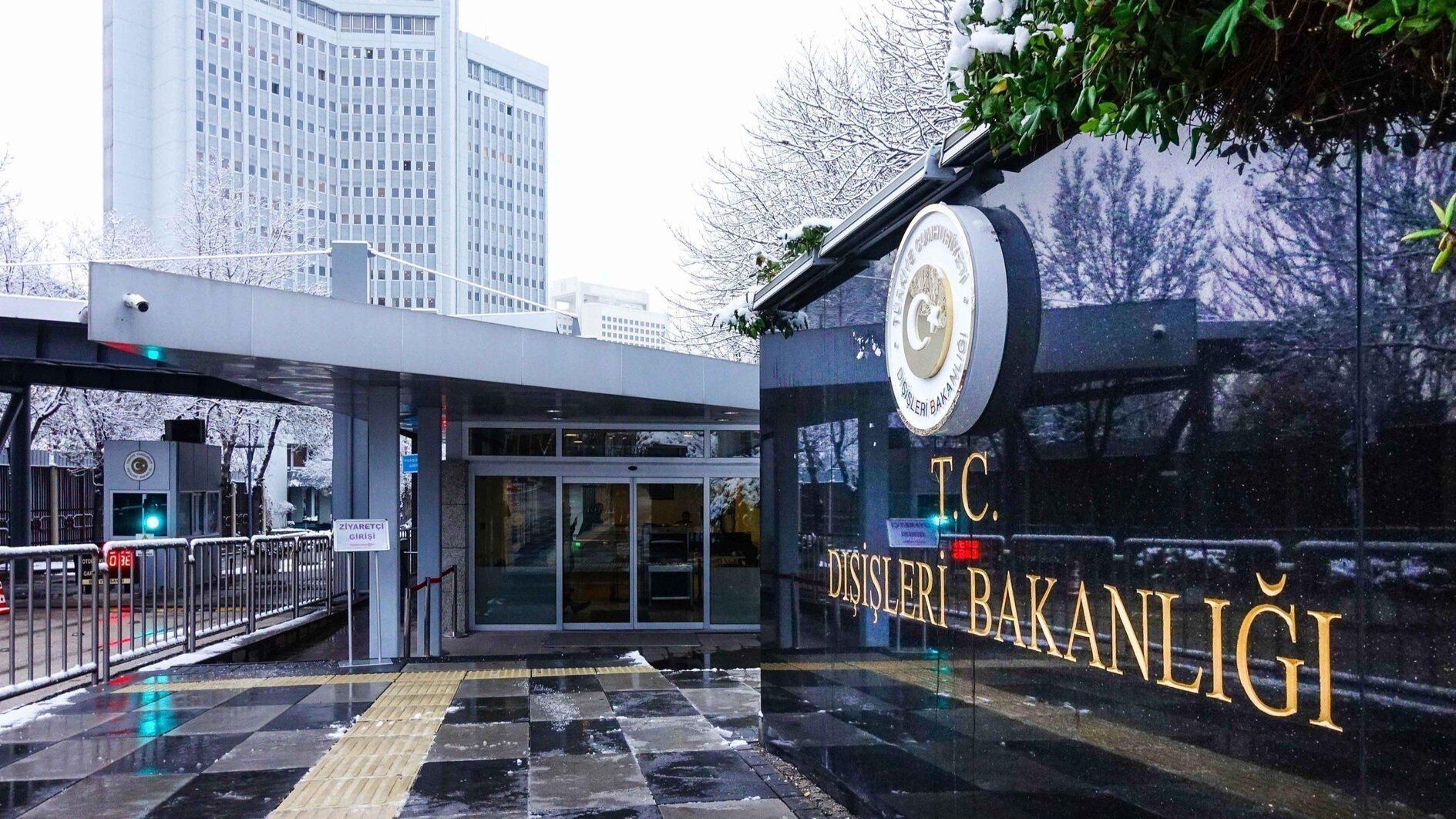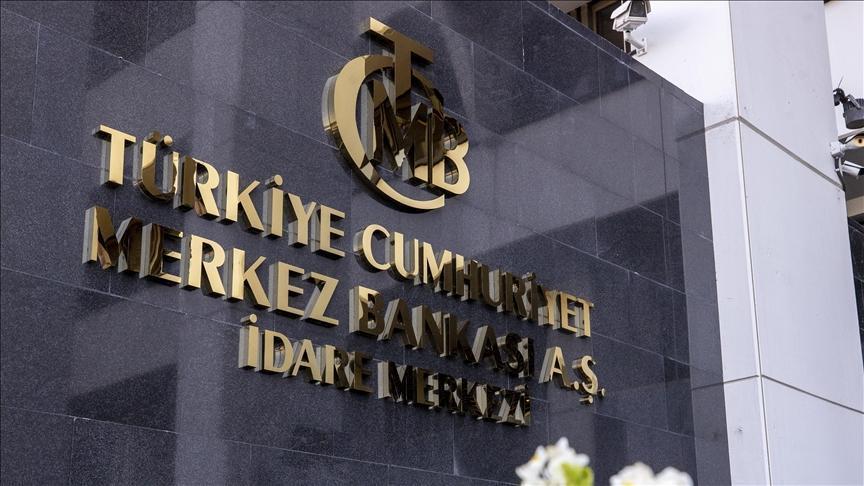Nine British medics entered Syria via Turkey, MP confirms
LONDON - Reuters

AP Photo
Nine young British medical students have travelled illegally to Syria through Turkey and are believed to be working in hospitals in areas controlled by the Islamic State of Iraq and the Levant (ISIL), the Observer has reported. A Turkish deputy, meanwhile, has claimed that the nine individuals crossed the border in order to serve Free Syrian Army (FSA) fighters.The families of the medics were mounting a desperate effort on March 21 at the Turkish-Syrian border to persuade them to come home.
The group of four women and five men crossed the border last week, apparently keeping their plans secret from relatives until just before entering Syria, the Observer reported.
“We all assume that they are in Tel Abyad now, which is under ISIL control. The conflict out there is fierce, so medical help must be needed,” Turkey’s main opposition Republican People’s Party (CHP) Hatay deputy Mehmet Ali Ediboğlu told the Observer, shortly after meeting the families.
“They have been cheated, brainwashed. That is what I, and their relatives, think,” Ediboğlu added.
The students’ parents were convinced that the young medics wanted to work with ISIL, he told Turkish daily Habertürk, but he claimed that they actually crossed to treat wounded FSA fighters instead.
“Their children did not join ISIL. [FSA] opposition forces have field hospitals near the Syria border. They are working there voluntarily,” Ediboğlu said.
The British Home Office said the medics would not automatically face prosecution under anti-terror laws if they tried to return to the U.K., if they can prove that they had not been fighting.
“U.K. law makes provisions to deal with different conflicts in different ways – fighting in a foreign war is not automatically an offence but will depend on the nature of the conflict and the individual’s own activities,” a British government source said.
All of the group are in their late teens or early 20s, with Sudanese roots, and had been enrolled at medical school in Khartoum. Three had graduated and the others were still studying; they may also have travelled with two Sudanese classmates, Ediboğlu claimed.
“These kids were born and raised in England, but they were sent to Sudan to study at medical school,” he said. “I’ve asked the families why they sent their children to study there, and as I understood it, they wanted them to experience a more Islamic culture and not to forget their roots.”
















